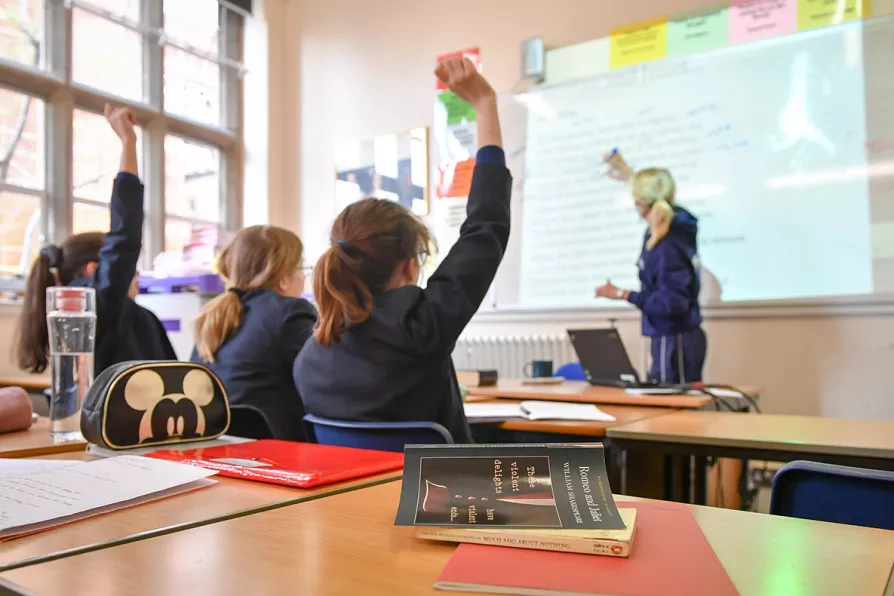Suspended teens twice as likely to be out of work or education by adulthood, report warns

 A teacher and students in a classroom
A teacher and students in a classroom
YOUNG people suspended from secondary school are twice as likely to be out of work or education by the age of 24, researchers have said.
Department for Education (DfE) figures show suspensions rose by 36 per cent to 786,961 in the 2022/23 academic year.
The findings by the Education Policy Institute (EPI) have been published as pupils in England, Northern Ireland and Wales are due to find out their GCSE results tomorrow.
Similar stories












